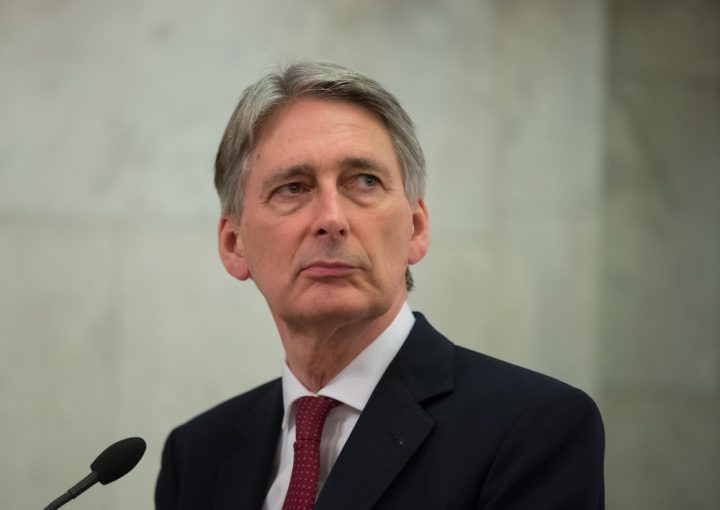For help and support with money worries Click here
Secured Loans > Autumn Budget 2017: What you need you to know
When Chancellor Philip Hammond announced the first economic budget of his tenure back in March, many people were of the opinion that he was trying to steady the ship wherever possible in the aftermath of Brexit. In which case, any big changes to fiscal policy were to be postponed until later in the year.
Last week saw Hammond unveil many of those changes to the House of Commons as part of his autumn budget. While his focus on increased funding for education – particularly digital skills, computer science and maths – is certainly positive, it’s hard to mask the underlying theme of damage limitation.
For those unfamiliar with GDP targets, the UK’s official economic target is to achieve 2% growth each year. This is actually the first budget in modern record that the Chancellor has forecasted less than 2% growth in any one of the next five years. If there’s any clear signal that the British economy is failing to meet long-term productivity standards, this is it.

Despite the bigger picture looking slightly bleak for the country as a whole, the majority of taxpayers will find themselves keeping a few extra quid in their pocket at the end of each month. This is due to the personal allowance increase of £350 – up to £11,850 – which will come into effect in April 2018.
As for pensioners and other non-tax payers, the net increase will be lower, although they do stand to gain an extra £8 per month following the changes. This is with the exception of some married pensioners, who stand to gain as much as £57 per month. However, it’s worth bearing in mind that these increases must also be weighed up against inflation and rising prices for household goods.
As always, housing also remains one of the country’s main concerns. Chancellor Hammond addressed the issue head-on, explaining that not enough homes are being built but that there is no simple, short-term solution to the problem. Instead, long-term changes to planning regulations, construction legislation and policies at local council level are needed.
It looks like we may have a challenging few years ahead.
Representative 22.93% APRC variable.
For a typical loan of £26,600 over 180 months with a variable interest rate of 19.56% per annum, your monthly repayments would be £484.00. This includes a Product Fee of £2,660.00 (10% of the loan amount) and a Lending Fee* of £763.00, bringing the total repayable amount to £87,030.00. Annual Interest Rates range between 11.7% to 46.5% (variable). Maximum 50.00% APRC. *Lending Fee varies by country: England & Wales £763, Scotland £1,051, Northern Ireland: £1,736.
Think carefully before securing debts against your home may be repossessed if you do not keep up repayments on your mortgage or any other loan secured against it. If you are thinking of consolidating existing borrowing, you should be aware that you may be extending the terms of the debt and increasing the total amount you repay.

